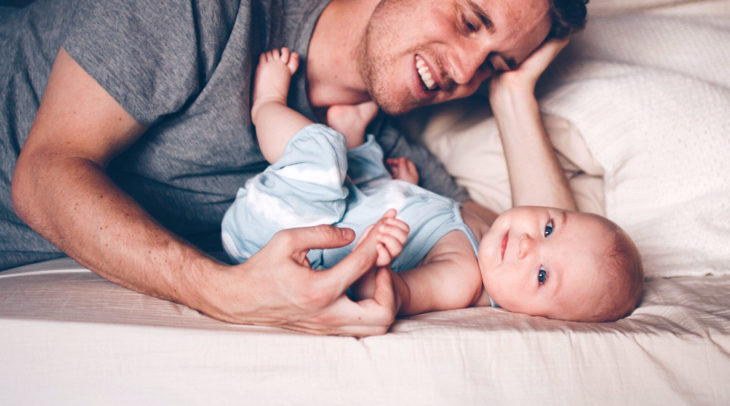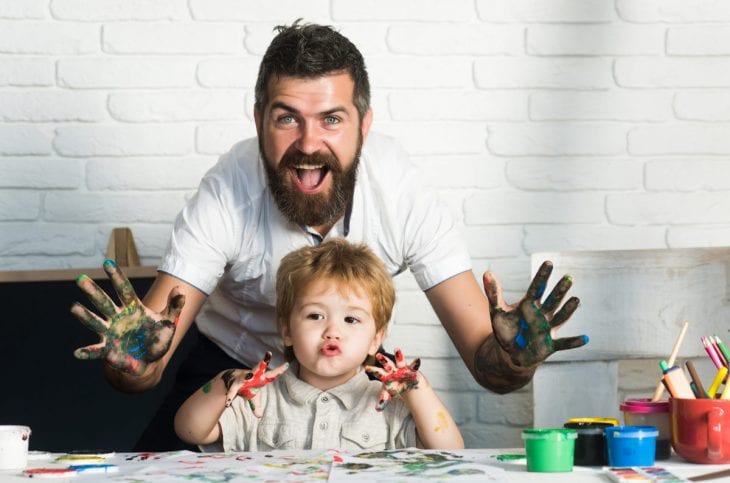Here is a collection of memories from my childhood.
I am in kindergarten, it is story time, I am wearing a turtleneck that itches at my neck and I am not feeling well. I throw up on the rug, in front of everyone, sobbing hysterically, and my father leaves the campus where he’s teaching to come pick me up, taking me straight to class with him because it was easier than taking me to the babysitter. I fall asleep in the corner of his classroom to the sound of his voice lecturing disenchanted freshmen about the Yangtze river.
My sister and I spend a hazy, humid summer in Taiwan with our mother, running amok in the streets, eating food at the night market and listening to my mother’s sisters babble over our heads in Chinese. My uncle takes me for a ride on his scooter and I wear no helmet as we careen around the corners and dart in and out of traffic near my ah-ma’s apartment. My mother brings me to the salon to get a perm, and I return to the United States nut-brown and curly haired. When I run to my father at the airport, he holds me at arm’s length. “Who is this?!” he jokes. “You’re not my daughter!”

Source: Oro Gold Stores
Countless nights, my father falls asleep in the living room with the television on, our dog Maggie curled up on the floor near the couch. I remove his glasses and wake him up, telling him to go to bed.
My parents divorced when I was very young. The courts granted my father primary custody of my sister and myself because they ruled that my mother’s new relationship with my stepfather was her priority. I have no memory of a family other than the tiny unit that existed — myself, my sister and my father.
Life with a single father wasn’t anything different, or special, or traumatizing — though I can see those concerns in people’s faces when I say that my sister and I grew up with a single father. A combination of sympathy and surprise, when I was younger, they would ask in weird, hushed tones if my mother was “all right.” I’d rattle off a response that I’d gotten used to saying for so long: “My parents are divorced, my mom lives in California,” and then watch sympathy change to confused acceptance.
My mother and my second family lived in California, and my sister and I would spend time with them in the summers, neatly inserting ourselves into their family, so different from the self-contained life we enjoyed in New York. We learned independence earlier than most. My sister started doing her own laundry when she was nine-years-old. We stayed home alone by ourselves for long stretches of time while my father worked long hours at a string of jobs after he stopped teaching. When he worked the night shift as a counselor at a juvenile detention center, my sister and I handled ourselves, making sure the dog was fed, putting ourselves to bed at a decent hour, and getting prepped for school the next day.

Source: The Bump
Money was often tight. We made do. There were few extravagances in our household, no vacations or elaborate Christmas gifts, but I never felt any sort of void, because if anything, my father kept us in books. When he wasn’t working and we were all home, quality time was spent reading in the same room, my father in his favorite chair, my sister and I competing for space on the couch.
There was a level of trust in my relationship with my father that was born out of necessity. My sister and I were generally left alone, disciplined when it was necessary, but for the most part, trusted enough to make our own decisions about lots of things. Looking back, this was a tremendous leap of faith, but it worked. We were good kids.
When I was 14, I decided to move to California to finish high school — not because life with my dad and sister was so horrible, but because the option was available to me. The transition was strange. My mother is a prickly, enigmatic woman who cloaks her love for her children in persistent questions and incessant nagging — a huge difference from my father’s hands-off approach. Instead of being left to my own devices, my comings and goings were catalogued and met with a barrage of questions that I found unnecessary. The lack of trust I was so used to was apparent, it was shocking, and it was unwelcome.
I spent hours on the phone the first few months, in tears, telling my father that my mother was horrible, evil, treated me like a child, when I knew I was an adult — or at least on my way to being there. He’d reassure me that it was going to be all right, that my mother just wasn’t used to teenagers, and that we’d end up getting along sooner or later.

Source: Niche
I stayed, I graduated from high school in California, and then, after losing a particularly rousing battle with my college financial aid department, deferred enrollment and moved back home for a year, working two jobs and attempting to save money. For this year, my father deserves a medal. I was a bitter, miserable troll, slumping around the house when I wasn’t working, mournfully chain-smoking on the front porch when everyone went to bed. I was deliberately, purposefully horrible, resentful of the fact that we somehow didn’t have the money to send me to college, and full of a righteous anger at the fact that my future was delayed.
I am not proud of this behavior, and I feel any other parent would’ve kicked me out of the house. My father, in his infinite kindness understood the frustration I was going through and responded in kind. He was patient and understanding, perhaps taking my anger to heart that he couldn’t somehow fix the situation.
I think I only began to realize the sacrifices he made for us in full when, a few years after my sister and I graduated, he announced that, after raising my sister and I, he was getting remarried to a woman that we did not think was good enough. I handled this news with a cool detachment, celebrating his happiness, but keeping my thoughts mostly in check. At the reception for his wedding, after a few glasses of wine, I saw how happy he was, and I realized that there will never be anyone good enough for the man who raised me.
Original by
